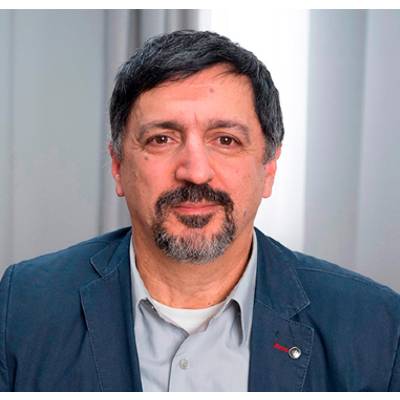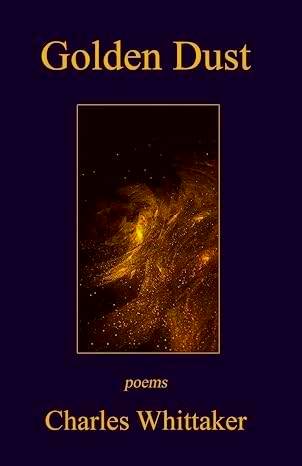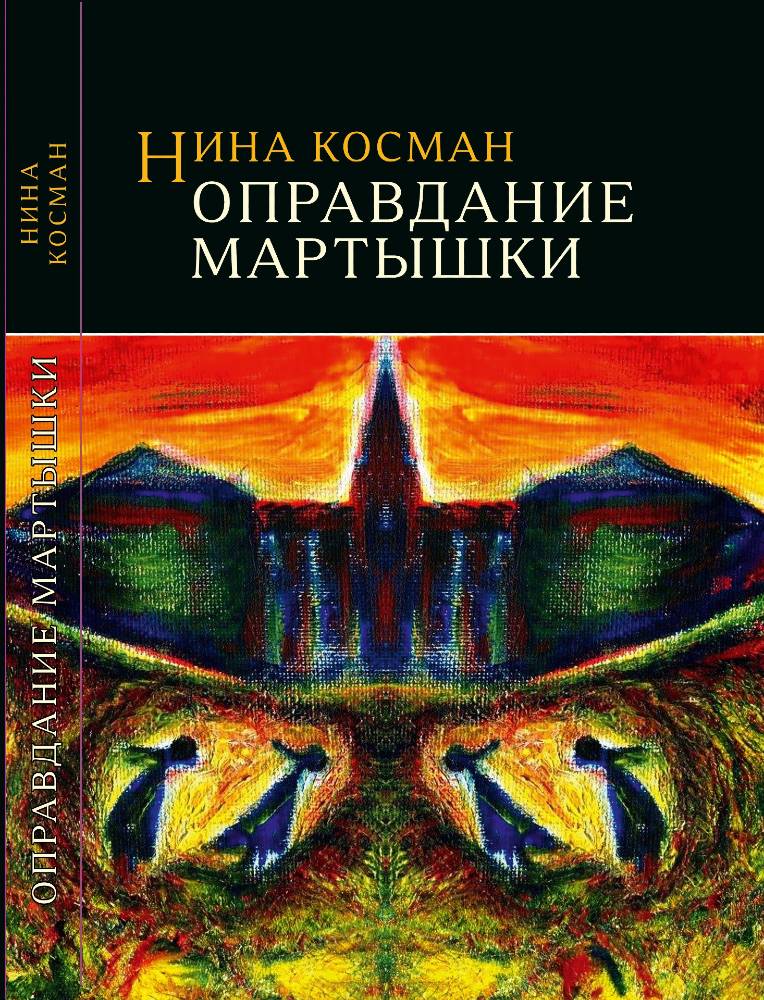About the Author:

Gasan Guseinov
Greece/Germany
Gasan Guseinov has authored several books and more than a hundred articles on classical philology and cultural history, contemporary politics, and literature. Since 1978, he has taught in many universities in the former USSR/Russia and in Europe. In 2006-2007, he once again worked at the East European Institute. Co-Founder and Professor of Free University / Brīvā Universitāte (Latvia).




